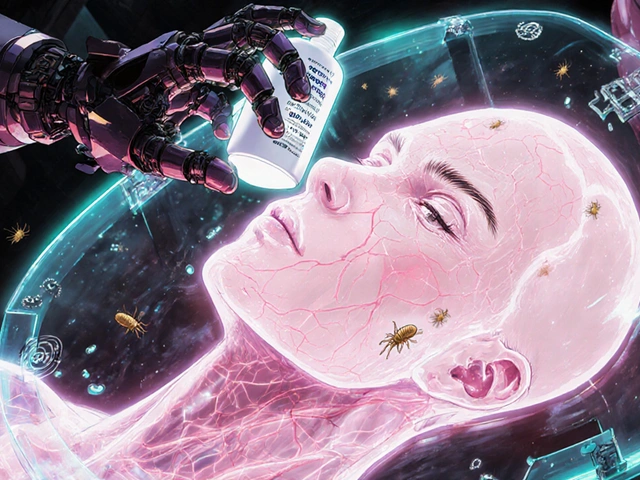Diabetes Complications: What They Are, How to Spot Them, and How to Prevent Them
When you have diabetes, a chronic condition where the body can’t properly use or make insulin. Also known as high blood sugar, it doesn’t just mean you need to check your glucose levels daily—it means your whole body is under slow, silent stress. Over time, that stress turns into damage. This is what we call diabetes complications, long-term health problems caused by uncontrolled blood sugar. These aren’t rare side effects. They’re the predictable result of years of high glucose eating away at nerves, blood vessels, and organs.
One of the most common is diabetic neuropathy, nerve damage that often starts in the feet. You might feel tingling, burning, or numbness—so you stop noticing a cut or blister until it turns into an infection. That’s why foot ulcers are so dangerous in people with diabetes. Then there’s diabetic retinopathy, damage to the blood vessels in the eyes. It doesn’t hurt. It doesn’t blur vision right away. But left unchecked, it can lead to blindness. And your kidneys? They filter your blood. High sugar overworks them, leading to kidney damage from diabetes, a leading cause of kidney failure worldwide. These aren’t distant risks. They’re real, preventable, and often caught too late.
What ties all these together? Blood sugar control. Not perfection. Not magic pills. Consistent, daily habits: checking your numbers, eating balanced meals, moving your body, and taking meds as prescribed. SGLT2 inhibitors and other diabetes drugs help, but they’re not a shield on their own. You still need to manage hydration, watch for infections, and know your body’s warning signs. That’s why posts here cover everything from tracking medication adherence to preventing genital infections from diabetes meds. You’ll find real advice on how to spot early signs, what tests to ask for, and how to avoid the most common traps.
Diabetes complications don’t happen overnight. But they don’t vanish overnight either. The best time to stop them is now—not when your foot won’t heal, your vision is fading, or your kidneys are failing. This collection gives you the facts you need to act before it’s too late. No fluff. No scare tactics. Just what works.




